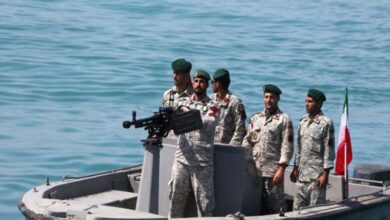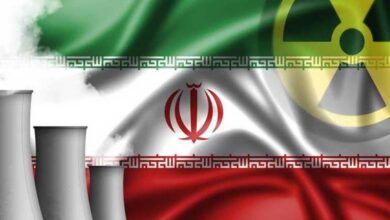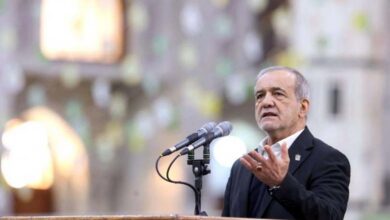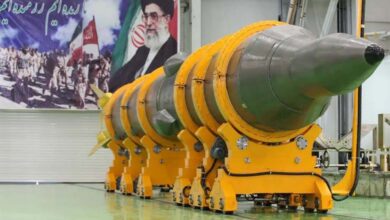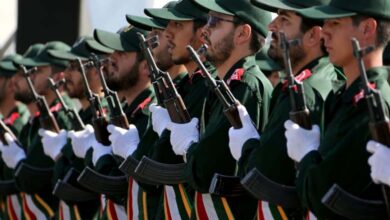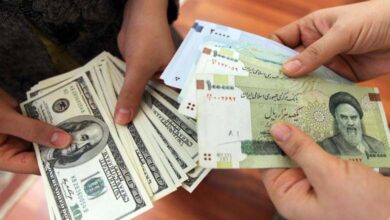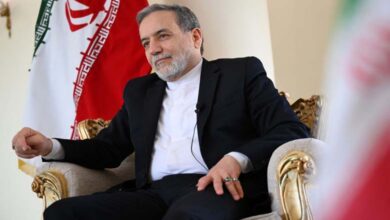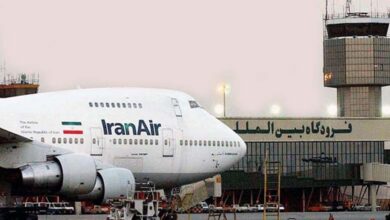Iran Proposes Deal on Its Nuclear Program to Avoid Western Pressure
Tehran suggests capping its uranium stockpile slightly below weapons-grade levels in exchange for halting a resolution against it at the IAEA Board of Governors meeting.
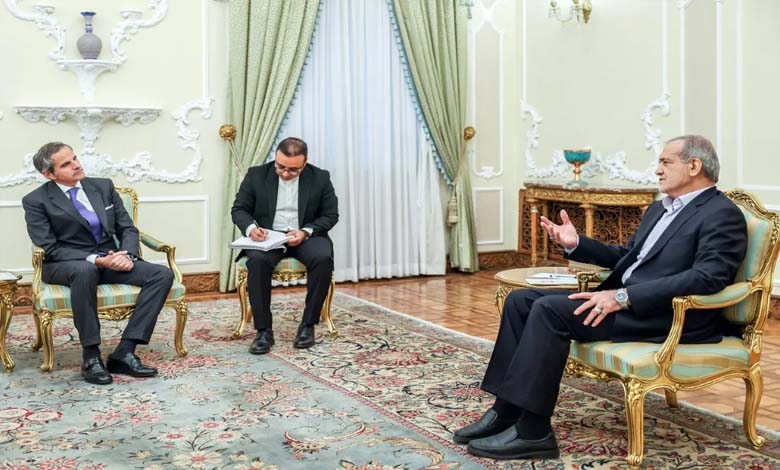
The International Atomic Energy Agency (IAEA) and diplomats said Tuesday that Iran had unsuccessfully tried to prevent Western efforts to pass a resolution against it at the IAEA Board of Governors meeting. Tehran proposed capping its enriched uranium stockpile at 60% purity, just below the 90% required for weaponization.
-
Iran’s Nuclear Program: What is the “Wisest” Path for the U.S. to Face It?
-
Associated Press: Iran Develops its Nuclear Program by Installing a Series of Centrifuges
A confidential report submitted to IAEA members stated that Iran offered not to increase its 60% enriched uranium stockpile and had taken preparatory measures for this. Diplomats said the offer was conditional on Western powers abandoning efforts to pass a resolution condemning Iran’s lack of cooperation with the agency. However, efforts to adopt the resolution continue.
The Iranian Ministry of Foreign Affairs warned Wednesday that such a resolution would complicate negotiations and contradict the positive atmosphere recently established between Iran and the IAEA.
-
Iran Warns Atomic Energy Agency Against Issuing a Resolution Against Its Nuclear Program
-
Gaza war diverts Washington from curbing Iran’s nuclear program
During IAEA Director General Rafael Grossi’s visit to Iran last week, the possibility of freezing the 60% enriched uranium stockpile was discussed. Reports indicate that Iran has slowed down enrichment at this level, a necessary step before halting it entirely.
Western diplomats dismissed Iran’s offer as a last-minute attempt to avoid criticism, similar to a vague cooperation pledge made in March last year that was never fully honored.
-
Before the expiration of UN Security Council sanctions, Congress is discussing a new bill imposing sanctions against Iran’s nuclear program
-
Iran’s Nuclear Program Has Crossed ‘All Red Lines’, Says Israel PM
According to one diplomat, Iran proposed limiting its 60% enriched uranium stockpile to about 185 kilograms, a quantity sufficient to produce four nuclear weapons if further enriched. However, Tehran denies seeking nuclear weapons.
A second report reveals that Iran agreed to reconsider allowing four additional experienced inspectors to work in the country, following last year’s ban on most of the IAEA’s experienced enrichment inspectors.
-
Information’s about the Iran’s nuclear program
-
“Telegraph”: Iran May Feel That Building a Nuclear Bomb Is Its Only Option Now
Diplomats assert that the resolution, supported by the US, France, Germany, and the UK, will also call on the IAEA to publish a comprehensive report on Iran’s nuclear activities. The goal is to pressure Iran into accepting new restrictions on its nuclear activities after the collapse of the 2015 agreement.


